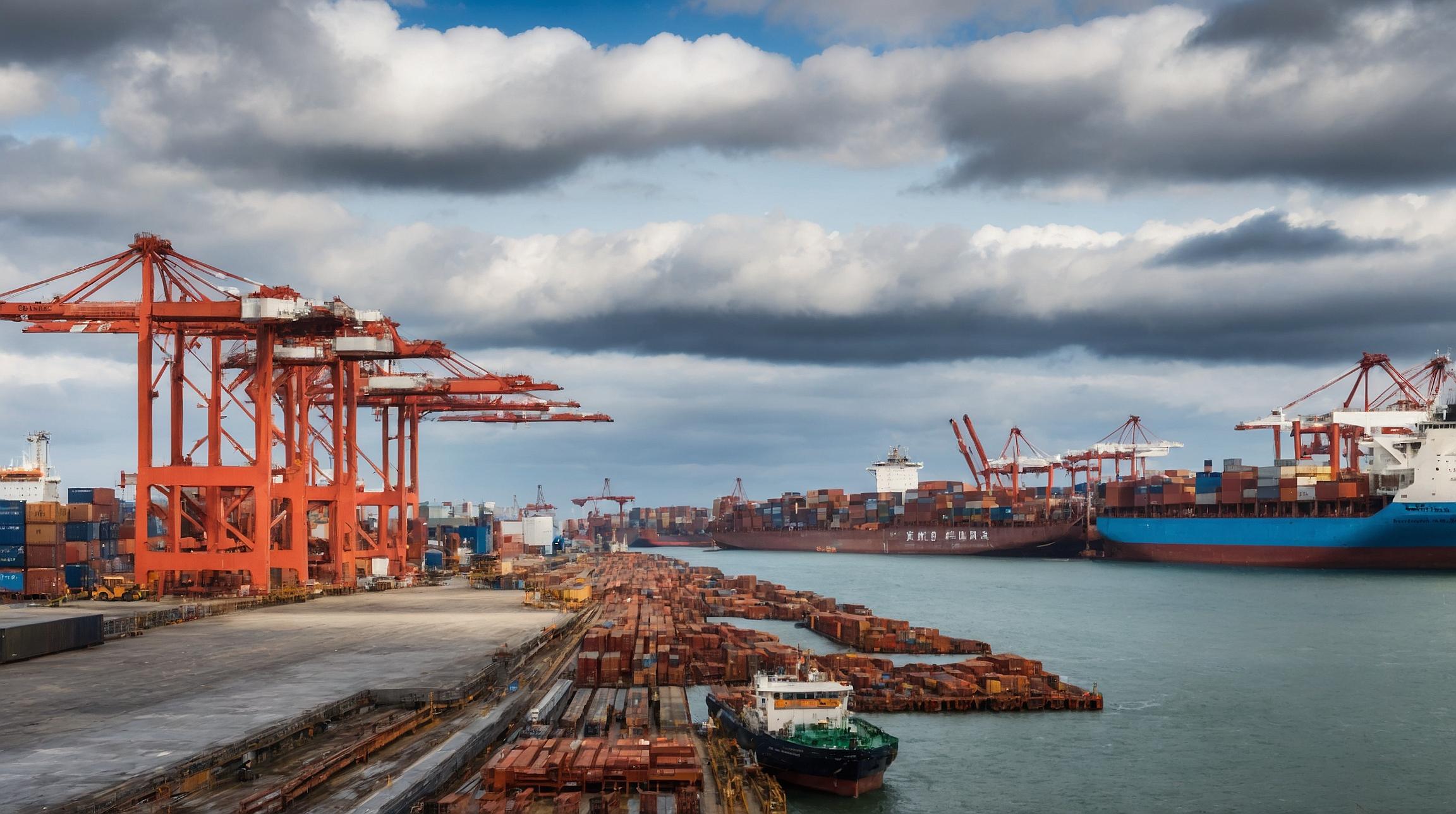China May Take Provisional Anti-Dumping Steps Against EU Pork Imports
China is considering temporary anti-dumping measures on pork imports from the European Union (EU). This move is part of a year-long investigation that started on June 17. According to Chinese customs data, China imported $6 billion worth of pork in 2023, and more than half of this came from the EU.
Why Is China Investigating EU Pork?
China's investigation mainly targets countries like Spain, the Netherlands, and Denmark. This comes after the EU imposed anti-subsidy duties on Chinese-made electric vehicles. In response, China’s commerce ministry disclosed the possibility of provisional measures if their initial probe confirms that EU pork is being sold at unfairly low prices and harming China’s domestic industry.
What Pork Products Are Under Scrutiny?
The investigation includes pork parts meant for human consumption, such as fresh, cold, and frozen cuts, as well as pig intestines, bladders, and stomachs. The probe is scheduled to conclude by June 2025 but may be extended for an additional six months if needed.
Potential Impact on Europe
The potential measures might significantly affect European farmers because China imports large quantities of parts Europeans seldom eat, like pig ears, noses, feet, and offal. Spain, the largest EU pork supplier to China, believes it can shift its markets if needed. Meanwhile, Spanish Economy Minister Carlos Cuerpo emphasized the need to balance free commerce with protecting strategic interests, aiming to avoid both a trade war and a subsidy race.
China's Next Steps
China's Commerce Ministry initiated this probe following complaints from the China Animal Husbandry Association on behalf of local pork producers. As global food companies remain on high alert due to the looming tariffs, China may turn to alternative suppliers from Russia, Brazil, Argentina, and the U.S. to meet its pork needs.
Domestic Pork Supply
China, the world’s largest producer and consumer of pork, faces an oversupply issue, which has driven down local pork prices. Imports only make up about 5% of China’s total pork supply.
Governments often apply anti-dumping duties on imports to protect their local industries when they suspect that the goods are sold below production costs.
Conclusion
This unfolding situation highlights the complexities of international trade and the measures countries take to protect their domestic industries in a competitive global market. The results of China’s investigation could have significant ramifications for both European exporters and Chinese consumers.













